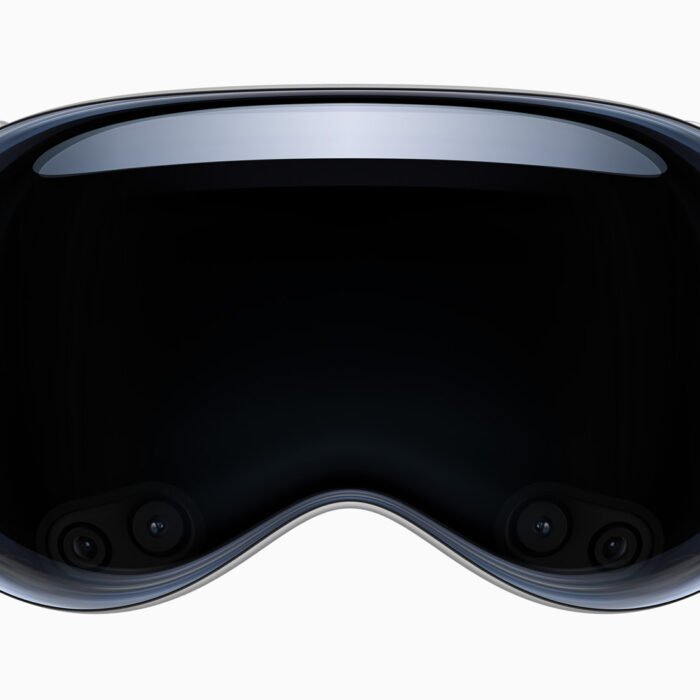In today’s digital age, technology has revolutionized almost every aspect of our lives, and the music industry is no exception. From the way we create and consume music to the way it influences our society, technology has played a significant role in shaping the music industry and its impact on society.
1. Music Creation and Production
Advancements in technology have completely transformed the way music is created and produced. In the past, musicians heavily relied on traditional instruments and recording equipment to bring their music to life. However, with the advent of digital audio workstations (DAWs), musicians now have access to a wide range of tools and software that allow them to compose, record, and produce music from the comfort of their own homes.
DAWs enable artists to experiment with different sounds, effects, and arrangements, giving them more creative freedom and flexibility. This accessibility has also democratized the music industry, allowing independent artists to produce professional-quality music without the need for expensive studio equipment or record deals.
2. Music Distribution and Consumption
The rise of the internet and streaming platforms has completely transformed the way we discover, listen to, and share music. Gone are the days of physical CDs and cassette tapes. Instead, we now have access to millions of songs at our fingertips through platforms like Spotify, Apple Music, and YouTube.
Streaming services have not only made music more accessible but have also changed the way artists and record labels earn revenue. While physical sales have declined, streaming has become the primary source of income for many musicians. However, this shift has also raised concerns about fair compensation for artists, as streaming platforms often pay artists a fraction of a cent per stream.
Moreover, technology has also empowered independent artists to self-publish and distribute their music directly to their audience through platforms like SoundCloud and Bandcamp. This has given rise to a more diverse and inclusive music scene, allowing artists from all backgrounds to share their work with the world.
3. Music Discovery and Curation
Technology has made it easier than ever to discover new music. With algorithms and recommendation systems, streaming platforms analyze our listening habits and preferences to curate personalized playlists and suggestions. This has both positive and negative implications.
On one hand, it allows us to explore a vast library of music tailored to our tastes, introducing us to new artists and genres we may not have discovered otherwise. On the other hand, it can also create a filter bubble, where we are only exposed to music that aligns with our existing preferences, potentially limiting our musical horizons.
4. Social Impact of Music and Technology
Music has always been a powerful medium for expressing emotions, spreading messages, and shaping culture. Technology has amplified this impact by providing a platform for artists to reach a global audience and spark conversations on social issues.
Social media platforms like Instagram, Twitter, and TikTok have become essential tools for musicians to connect with their fans, promote their music, and share their personal stories. These platforms have also given rise to fan communities and online movements, allowing fans to connect with each other and support their favorite artists.
Furthermore, technology has played a vital role in facilitating social change through music. Artists have used their platforms to raise awareness about important issues such as inequality, climate change, and mental health. From benefit concerts to viral campaigns, technology has enabled musicians to mobilize their fans and drive real-world impact.
Conclusion
Technology has undeniably transformed the music industry and its influence on society. From the way music is created and distributed to the social impact it has, technology has opened up new possibilities and challenges for artists, listeners, and the industry as a whole. As technology continues to evolve, it will be fascinating to see how it shapes the future of music and its role in society.



